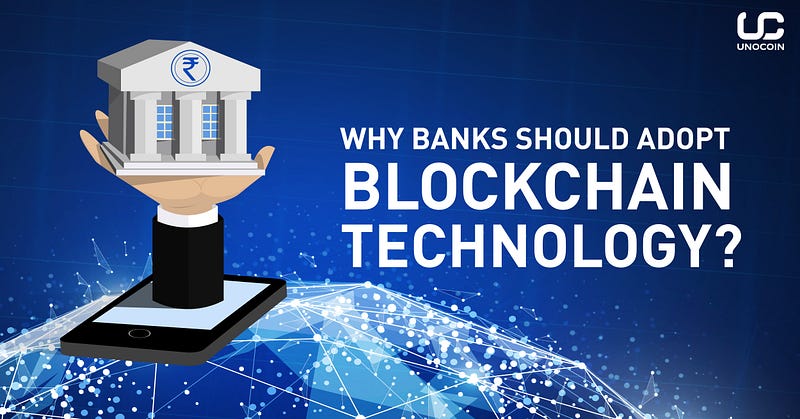
Blockchain tech is transforming the world. The banking system in particular, can benefit from the implementation of this secure record keeping mechanism. Decentralization, enhanced efficiency and indestructibility are this technology’s claim to fame. Let’s see how it might help banks all over.
The Punjab National Bank Rs 11,400 crore fraud
On February 14, 2018, Punjab National Bank (PNB) of India detected a fraud of Rs 11,400 crore. It was later disclosed that it was an unauthorized transaction scam by Nirav Modi, his maternal uncle Mehul Choksi and other relatives. Blockchain technology is known to be capable of prevent systematic frauds like the PNB scam. It is now being accepted globally across the financial world and is well known for its secure record keeping quality. Based on a simple principle of saving data on multiple servers at the same time instead of a single location, this tech has the potential to transform a bank’s back office operations.The data gets stored in millions of host computers. It is public and can be easily verified.
With blockchain technology running the bank’s ledger system, the PNB scam could have been detected way earlier. Perhaps, the fraudulent and unauthorized Letter of Undertaking (LOU) would have never seen the light of day and a senior official would have caught the scam sooner. The fraud could have been avoided the first day of the LOU being issued. Without the help of blockchain, by the time PNB detected the fraud, the fraudsters got hold of the money and had enough time to walk away with the cash
Blockchain technology doesn’t involve just one person during the process of the transaction. It involves multiple people and anyone involved in the transaction is notified regularly. This technology enables the records and details to be available to everyone involved and also prevents anyone from corrupting the data.
Blockchain in global financial systems
Ripple, the San Francisco based blockchain technology firm has contributed to the global financial system more than any other firm in the industry. This firm is providing financial solutions powered by blockchain technology to the bank which enables these banks to transact directly with each other and lower the transaction cost. Its cryptoasset XRP is now the fourth largest cryptoasset market in terms of capitalization. Ripple’s CEO Brad Garlinghouse said, “People know Ripple is the only blockchain solution for payments that is proven in the real world, and it’s driving demand from financial institutions of all kinds and sizes because they want to stay ahead of the curve.”
At the end of June 2017, the world witnessed the first blockchain-powered instant-remittance service, jointly adopted by Thailand and Japan. Its main focus was on establishing a new payment rail between the two countries. Japan’s SBI Remit and Thailand’s Siam Commercial Bank now use Ripple’s (which you can buy on Unocoin) blockchain to boost their speed, efficiency and reduce the cost of international money transfer. With about 40,000 Thai nationals living in Japan, about $250 million is transferred yearly between these two countries.The introduction of blockchain technology has drastically reduced the transaction time from 2 business days to 2–5 seconds.
Some global banks such as Barclays, Credit Suisse, Canadian Imperial Bank of Commerce, HSBC, MUFG (Mitsubishi UFJ Financial Group) and State Street, Deutsche Bank, Banco Santander, Bank of New York Mellon have recently joined hands to introduce a brand new blockchain-based digital asset in 2018. This project is led by Swiss banking giant UBS. The goal of the project is to reduce time, cost, improve financial-market efficiency and capital required for settlement and post-trade clearing process. With this project, banks will be able to transfer assets within a short period of time.
Conclusion
- Blockchain technology can change the banking system and make it far more efficient by making transactions faster, safer, and cheaper.
- Banks will be able to avoid any fraudulent transactions and secure the system.
- Transactions will not be completed with just the knowledge of one person, the whole organization will know about it.
Also Read:
https://blog.unocoin.com/new-blockchain-centric-jobs-in-the-making-26655087ab62
